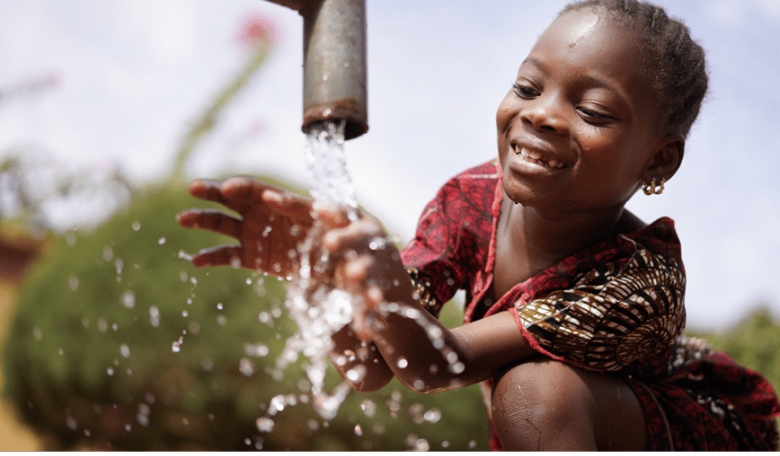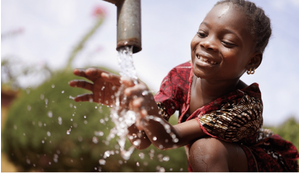The United Nations initiative known as Space4SDGs identifies how space applications can support its 2030 Agenda for Sustainable Development, which incorporates 17 sustainable development goals, or SDGs. The importance of space in achieving these SDGs is illustrated by the use of Earth observation and geolocation, for example, in strategic development on a local, national, regional and international basis. Here, the authors address how space applications can support climate change initiatives through a selection of relevant SDGs. Their recommendations stem from a Development Studies Association of Ireland summer school on ‘Changing Climates: Challenges in Research and Development’ and come from a wide range of academics and professionals in non-governmental organisations not directly involved in the space sector.
The use of space systems to accelerate or assist in the achievement of the Sustainable Development Goals has been a central discussion point of both the United Nations Office for Outer Space Affairs (UNOOSA) and the United Nations Committee on the Peaceful Uses of Outer Space (UNCOPUOS).
UNOOSA’s Space4SDGs initiative and related agenda items, which focus on how space can be used to support SDGs, is of particular importance and stemmed from the UN’s 2030 Agenda for Sustainable Development, which recognised the utility of space applications including Earth observation.














